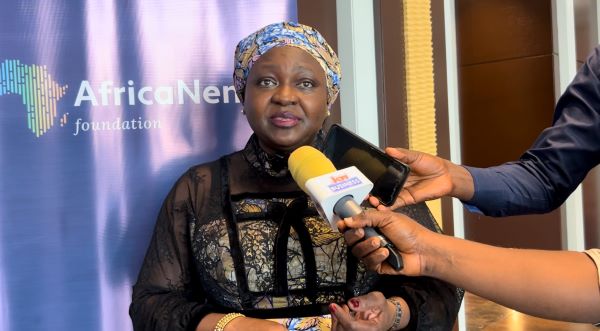adverts
Sabine Mensah, Deputy CEO of AfricaNenda Foundation, has expressed confidence that Africa will attain universal financial inclusion by 2030, citing the rapid expansion of Instant Payment Systems (IPSs) as a driving force.
At the launch of the State of Inclusive Instant Payments Systems (SIIPS) in Africa Report, Mensah declared that Africa’s advancements in instant payment technology are unmatched globally. “The numbers are clear—Africa is leading the world in instant payments. I am confident that by 2030, we will achieve universal financial inclusion,” she said.
The SIIPS report, produced by AfricaNenda in collaboration with the World Bank and UNECA, showcased unprecedented growth in IPS usage:
adverts
- $1 trillion worth of instant payment transactions in 2023.
- 49 billion transactions, a 47% increase from 2022.
- A staggering 273% growth in transaction value since 2020.
Currently, 31 IPSs are live on the continent, with 27 more under development. Seven of these are expected to launch within the next 18 months, further propelling Africa towards its financial inclusion goals.
Despite progress, Mensah highlighted that over 400 million adults—40% of Africa’s population—remain financially excluded, with women disproportionately affected (60%). AfricaNenda’s research identified three primary barriers:
- Cost of Digital Finance: Taxes and fees make digital finance more expensive than cash, discouraging adoption.
- Digital Fraud: High incidences of fraud undermine trust in digital platforms.
- Data Privacy Concerns: Abuse of consumer data without consent has eroded confidence in digital systems.
To address these challenges, Mensah emphasised the need for:
- Policy Reforms: Removing transfer taxes and providing incentives to encourage digital finance use.
- Enhanced Consumer Protections: Establishing robust mechanisms to handle fraud and complaints efficiently.
- Stronger Data Privacy Measures: Reassuring consumers about the ethical handling of their data.
Mensah stressed the importance of collaboration among policymakers, regulators, and service providers to create a secure, inclusive financial ecosystem. “We are confident that in the coming years, Africa’s instant payment systems will reach maturity, offering robust safety, affordability, and diverse use cases,” she said.
She also called on IPS operators and regulators to share data with AfricaNenda to improve future SIIPS reports. “Sharing data is essential to highlight success stories and enable knowledge transfer across countries,” Mensah urged.
With 27 IPS projects underway and strong stakeholder commitments, Mensah’s vision of an inclusive financial ecosystem by 2030 seems increasingly achievable.


